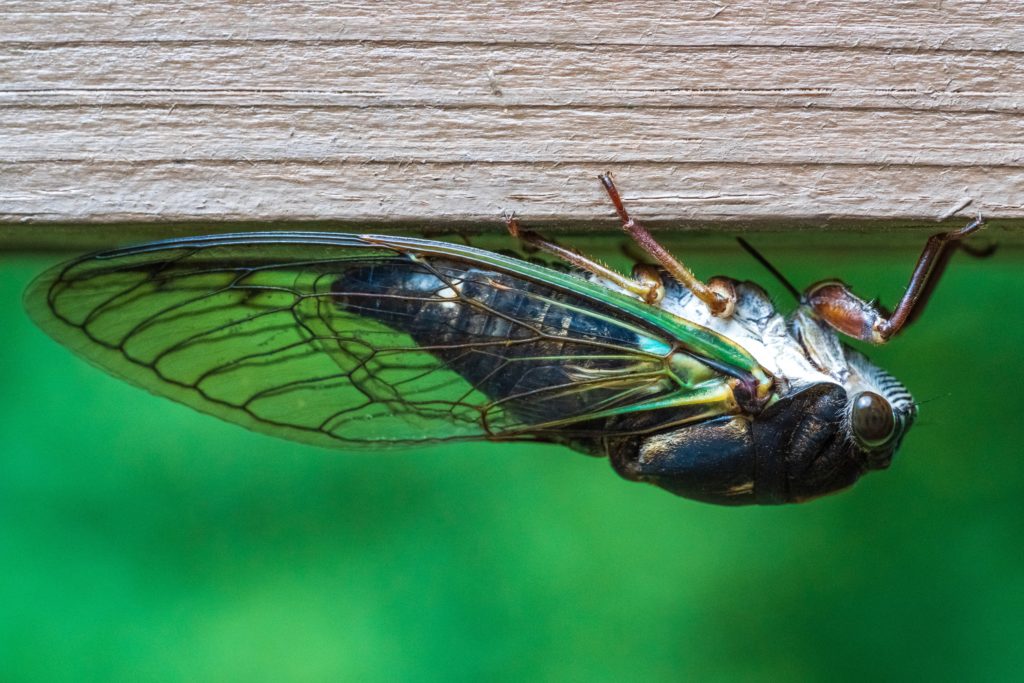Venturing into the great outdoors is a thrilling experience, but encounters with insects can sometimes leave you with itchy reminders of your adventure. Insect bites are a common occurrence, and understanding how to identify and treat them is essential for a safe and enjoyable outdoor experience. This comprehensive guide will help you recognize different insect bites and provide effective remedies to alleviate discomfort.
Identifying Common Insect Bites:
Mosquito Bites:
- Identification: Small, red, itchy bumps often with a central puncture mark.
- Treatment: Apply an over-the-counter anti-itch cream or calamine lotion. Ice packs can also help reduce swelling.
Tick Bites:
- Identification: Red, circular rash with a bulls-eye pattern for Lyme disease, or a small red bump for other tick-borne illnesses.
- Treatment: Use fine-tipped tweezers to grasp the tick as close to the skin’s surface as possible and pull upward with steady, even pressure. Clean the area with rubbing alcohol or an antiseptic.
Spider Bites:
- Identification: Varies, but may appear as red, swollen, and painful with a central ulcer.
- Treatment: Clean the bite area with mild soap and water. Apply a cold compress to reduce swelling and take over-the-counter pain relievers if needed. Seek medical attention for severe symptoms.
Bee and Wasp Stings:
- Identification: Immediate sharp pain, redness, swelling, and sometimes a raised welt.
- Treatment: Remove the stinger with tweezers or by scraping it off. Apply a cold compress and take antihistamines or use an EpiPen if you have a known allergy.
Ant Bites:
- Identification: Red, itchy bumps that may form a blister.
- Treatment: Clean the bite area with soap and water. Apply an antihistamine cream or take oral antihistamines to reduce itching.
Treating Insect Bites:
Clean the Area:
- Wash the affected area with mild soap and water to reduce the risk of infection.
Apply Cold Compress:
- Use a cold compress or ice pack wrapped in a thin cloth to reduce swelling and numb the area.
Topical Anti-Itch Creams:
- Over-the-counter creams containing ingredients like hydrocortisone or calamine can provide relief from itching.
Oral Antihistamines:
- Taking antihistamines like diphenhydramine can help alleviate itching and reduce inflammation.
Natural Remedies:
- Aloe vera, tea tree oil, and chamomile can have soothing effects on insect bites. Apply these natural remedies with caution and discontinue use if any irritation occurs.
When to Seek Medical Attention:
- If the reaction is severe, such as difficulty breathing, swelling of the face or throat, or dizziness, seek emergency medical attention immediately.
- If the bite becomes infected (signs include increased redness, warmth, swelling, or pus), consult a healthcare professional.
Conclusion
Being aware of the types of insect bites you might encounter in the great outdoors and knowing how to identify and treat them is crucial for a safe and enjoyable outdoor experience. By following these guidelines, you can minimize discomfort and ensure that your adventures in nature are memorable for all the right reasons.

